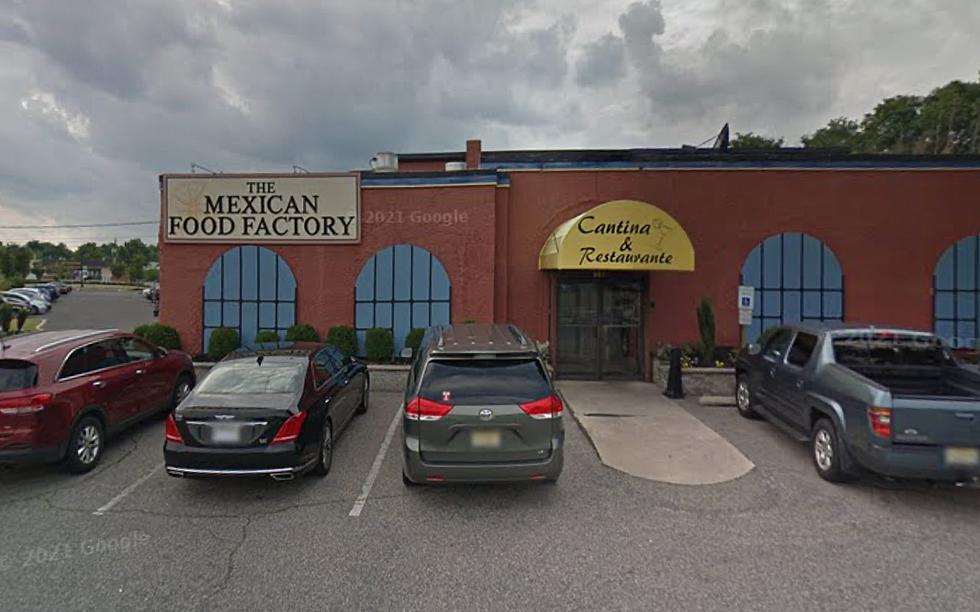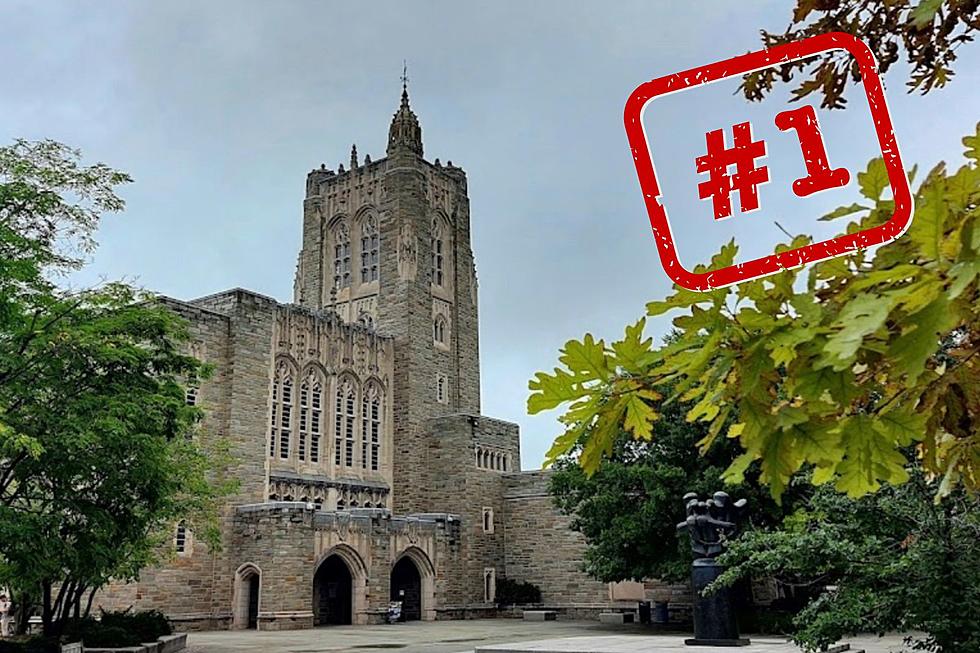
Fraternities and Sororities Are Now Banned From Having Hard Liquor At Parties
Last week, The North-American Interfraternity Conference (NIC) arrived at a decision to ban beverages above 15 percent alcohol by volume at any chapter parties across the country. Marybeth Boger, the Dean of Student's at the New Jersey Institute of Technology brings up a valid concern, "we don't have a way of enforcing it."
This is certainly true across many campuses . For NJIT, most frat houses are off campus and are owned privately through the fraternity. They only have about 10 frats that are regulated through the NIC and still, how can you guarantee these frats will abide by these regulations?
I attended Syracuse University (Orangemen class of 2016). Our school had a "no hard alcohol" policy when it came to registered frat parties. I thankfully wasn't in a frat myself, but I was a Delta Tau Delta groupie because of their prime location to the bars and their rooftop lounge area. If you are picturing something extravagant, it was just two dirty frat house couches that were pushed onto the roof. IFC officers would come do inspections to make sure there was not any hard alcohol or underage drinkers. Underage kids would drop their beers on the ground and everyone would chug whatever mixed drink was in their red solo cup. Hard alcohol was hidden upstairs in bedrooms or on the luxurious rooftop bar.
Ah, a castle court pregame. Great place to be on game day. This parking lot was filled with kids drinking god knows what. Eventually, many people attending an infamous castle court pregame will make their way to a frat house party, after consuming far too much hard liquor. If student's want to consume hard liquor, they are sure to find ways around this regulation to do so.
This is a good intention for school organizations to promote social responsibility through this regulation. I am just not sure how this will be enforced. It's a responsible choice for NIC, and I only hope that students will take these regulations seriously, especially after several recent deaths associated with fraternity hazing/ partying. New Jersey resident Tim Piazza died just last year at a Penn State Fraternity party. In 2014, Caitlyn Kovacs died at 19 years old at a Delta Kappa Epsilon party at Rutgers.
In the case of Tim Piazza, his fellow fraternity brother's tried to ignore or cover up the situation in fear of getting in trouble by the school. Colleges across the nation should definitley work to minimize drinking on campuses, but also persuade students to take the right actions if someone has consumed too much alcohol. Student's should not hesitate or fear that they will get in trouble if they take the right actions to get a friend medical attention if they over consume alcohol.
More From 94.5 PST









